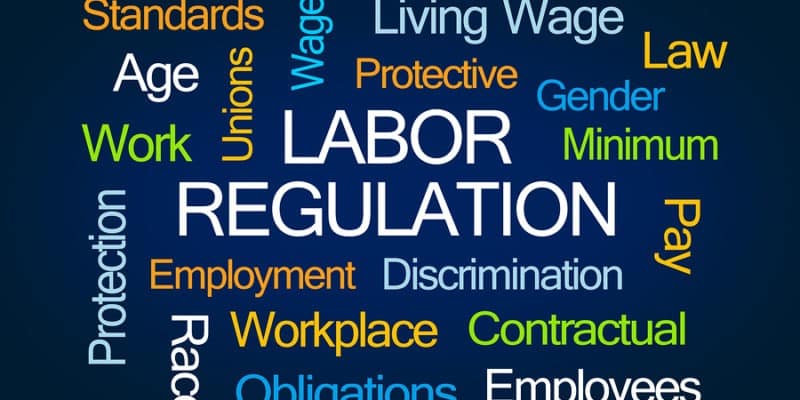Posted Apr 22, 5:03 PM
By Leada Gore
A Florida-based contractor will pay back wages and benefits to postal delivery personnel in Montgomery.
The payment comes after an investigation into St. Augustine, Florida-based Postal Fleet Services Inc. by the U.S. Department of Labor’s Wage and Hour Division.
Postal Fleet Services will pay $329,057 in back wages and benefits to 53 employees for violations of requirements of the federal Fair Labor Standards Act and the McNamara-O’Hara Service Contract Act, the labor department said.
“No federal contractor should gain an economic advantage by paying employees below the prevailing wages and fringe benefits their contract requires,” said Wage and Hour Regional Administrator Juan Coria. “Federal service contracts spell out employers’ responsibilities when they bid on these jobs. Violations like these can be avoided.”







